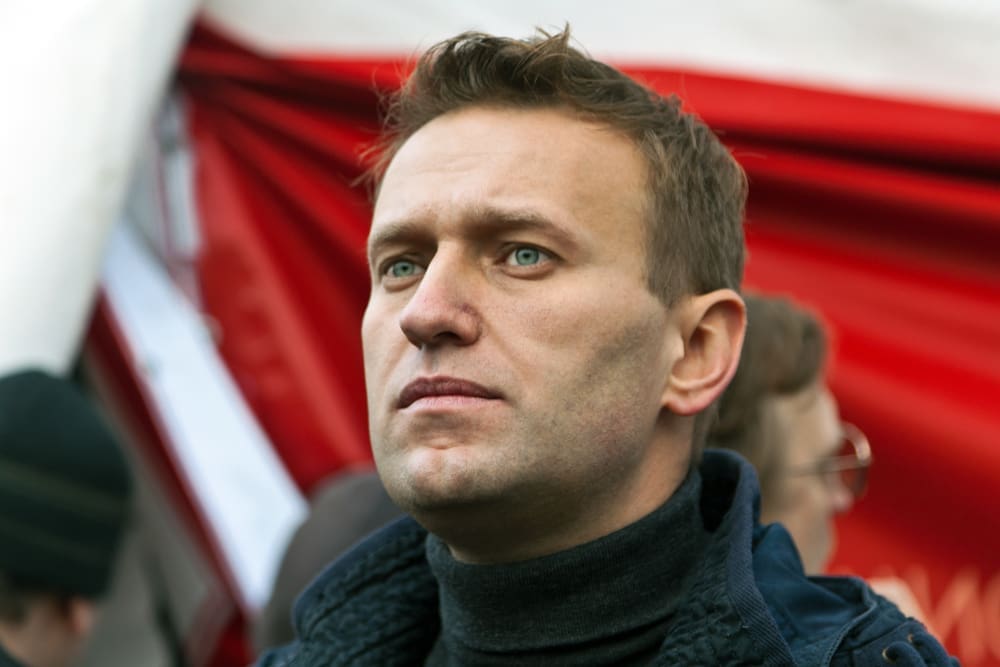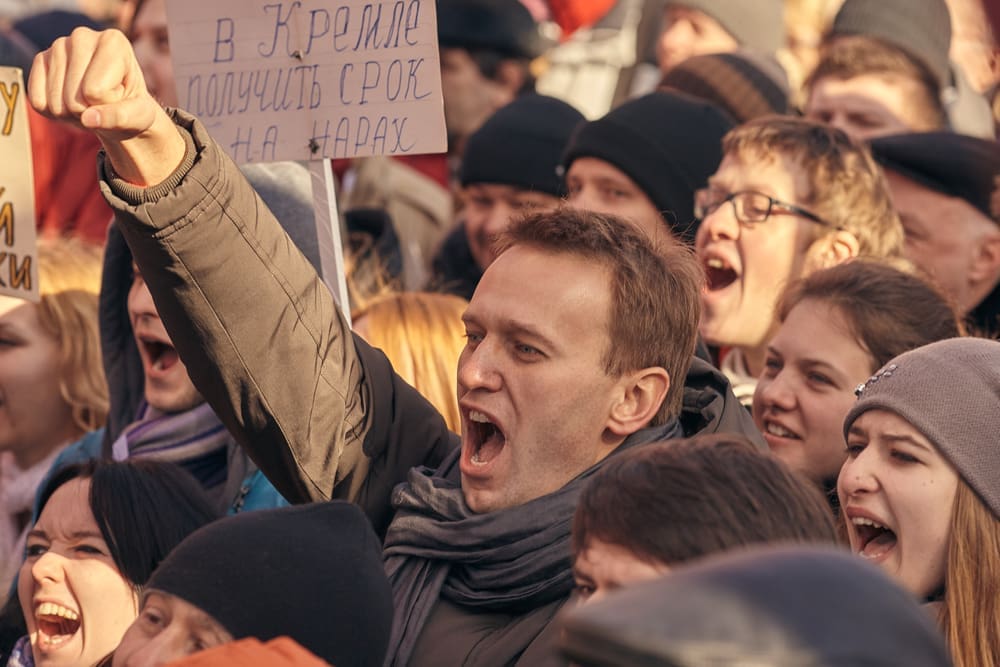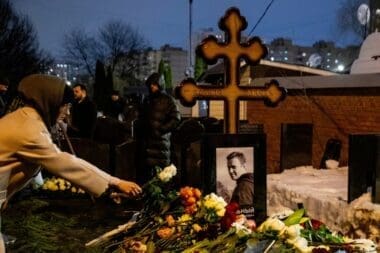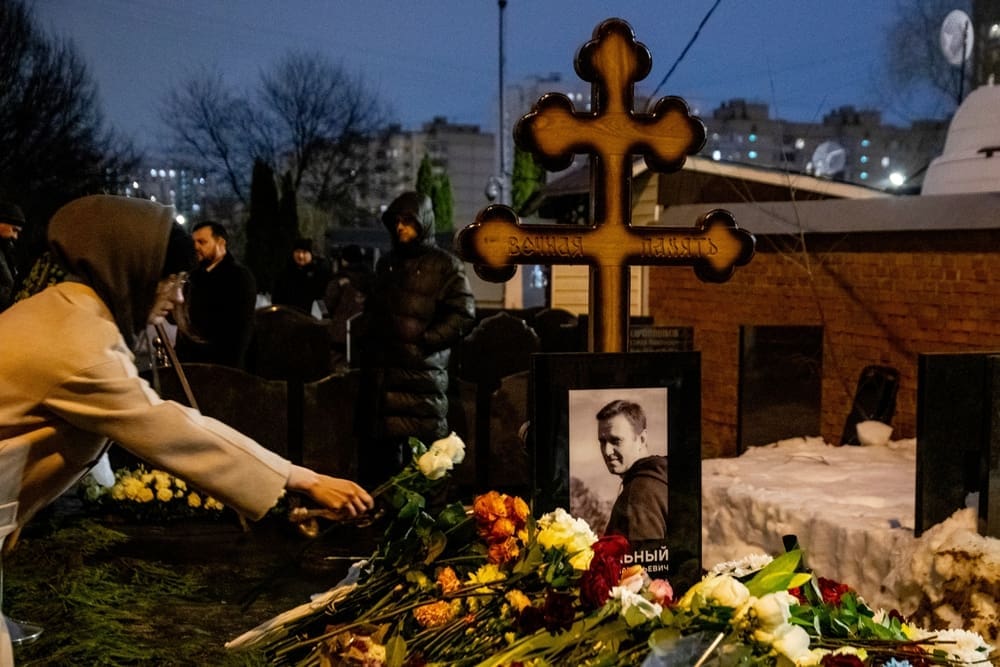A year has passed since the shocking announcement from the Russian penitentiary service revealed that Alexei Navalny, the prominent opposition leader, had died in the Arctic Circle penal colony. His death has left a significant void in the Russian opposition, which continues to grapple with the loss of its most vocal critic of President Vladimir Putin.
In the aftermath of Navalny’s death, the Russian opposition finds itself fragmented and struggling for cohesion. Operating primarily from exile, opponents of the Kremlin have not been able to present a united front or develop a cohesive strategy. Instead, internal disputes have surfaced, with rival factions accusing each other of undermining efforts to challenge the Kremlin’s power.
Supporters and allies of Navalny, such as Oleg Ivanov, who fled Russia post-Ukraine invasion, describe his death as a pivotal moment, marking an irreparable loss for the movement. Ivanov emphasizes the void left by Navalny, stating, “Alexei was the only hope that Russia had…some kind of a meaningful leader who could unite all the people willing to change something in our country.”
Navalny was not the first opposition leader whose sudden demise sent shockwaves through Russia. The 2015 assassination of Boris Nemtsov similarly stunned the political landscape. Navalny, known for his charisma and sharp wit, inspired a new generation of activists dedicated to exposing corruption and advocating for a transparent and democratic Russia.

Despite numerous attempts by Russian authorities to suppress his influence, Navalny’s appeal continued to grow. His campaigns, supported through well-produced media content, successfully raised awareness and mobilized citizens across the nation, even as the government intensified its crackdown on dissent.
Navalny’s imprisonment and subsequent death have kept his legacy alive among supporters, who continue to question the official narrative of his passing as due to natural causes. They maintain the belief that his death was ordered by the Kremlin, a claim consistently denied by Russian officials.
Following his death, tens of thousands attended Navalny’s funeral in a rare public display of defiance. Mourners paid their respects at his grave, signifying the enduring impact of his fight against corruption and authoritarianism.
Navalny’s influence persists even after death, with his widow Yulia Navalnaya vowing to carry forward his mission. She regularly communicates through video messages, urging continued resistance against Putin’s regime and advocating for democracy. The Anti-Corruption Foundation, founded by Navalny, also remains active, continuing to challenge corruption and organize protests in various parts of the world.

Although other Russian dissidents released in recent prisoner swaps, like Ilya Yashin and Vladimir Kara-Murza, promise to revitalize the opposition, they have found it challenging to make substantive progress. Few rallies and meetings with exiled officials have done little to significantly impact Putin’s governance or his continued suppression of dissent.
Navalny’s persistent message of taking action against the system resonates with supporters. His advice remains a rallying cry: “Don’t sit still. Try to do something to change the situation, and be prepared for change.” His enduring influence serves as a reminder of the ongoing fight for a democratic and just Russia.
The absence of Alexei Navalny has undeniably weakened the Russian opposition, which now faces the difficult task of reorganizing and finding new leadership to carry forward his vision. While challenges remain, the persistence of his ideals continues to inspire those within Russia and abroad determined to see a “beautiful Russia of the future.”














